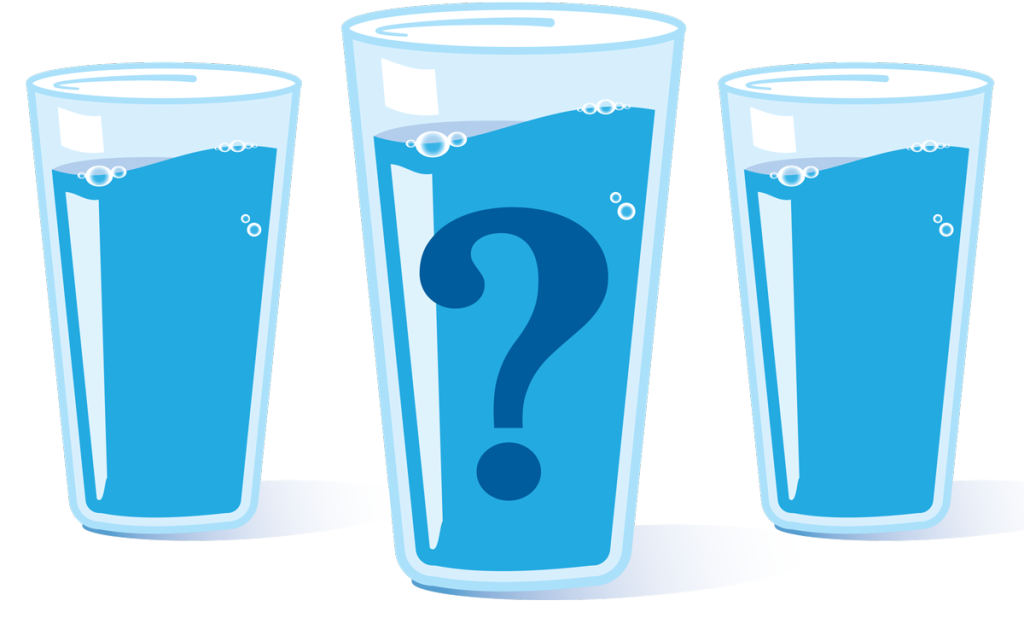
The new research will improve our ability to predict more specific and accurate future water needs. Christine Knorr
A new study reveals a wide range in the amount of water people consume around the globe and over their lifespans, definitively countering the oft-repeated idea that eight eight-ounce glasses meet the human body’s daily needs.
“The science has never supported the old eight-glasses thing as an appropriate guideline,” says Dale Schoeller, UW professor emeritus of nutritional sciences. “But this work is the best we’ve done so far to measure how much water people actually consume on a daily basis — the turnover of water into and out of the body — and the major factors that drive water turnover.”
The study measured the water turnover of more than 5,600 people from 26 countries, from eight days to 96 years old, and found daily averages in a range between one and six liters per day.
More than 90 researchers at multiple institutions took part in the study, which objectively measured the time it took water to move through the bodies of participants by following “labeled water.” Subjects drank a measured amount of water containing trackable hydrogen and oxygen isotopes. In the 1980s, Schoeller’s UW–Madison lab was the first to apply the labeled-water method.
The measurements will improve our ability to predict more specific and accurate future water needs, especially in dire circumstances.
“Look at what’s going on in Florida right now, or in Mississippi — where entire regions have been exposed by a calamity to water shortages,” Schoeller says. “The better we understand how much they need, the better prepared we are to respond in an emergency.”
Published in the Spring 2023 issue


Comments
No comments posted yet.